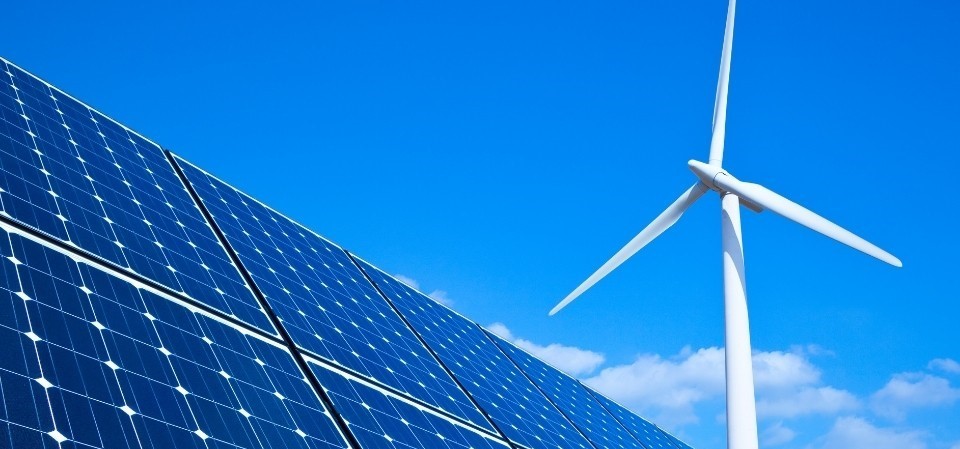
By 2030, the European Union is committed to increase the use of renewable energy to 32% of consumption. The sector is booming, particularly in the northern and eastern European countries. Twelve countries have reached or exceeded their 2020 targets, including the Baltic States, Bulgaria and the Czech Republic.
Eastern European countries are moving towards energy independence, seeking to adapt to growing demand and to meet European specifications. Thus, the renewable energy sector is experiencing a real acceleration. In 2018, Latvia was the third largest consumer of renewable energy in Europe, with a percentage of 40.3% of gross final energy consumed according to Eurostat, and the Baltic leader in hydroelectricity. Ukraine saw a shift in its green energy consumption from 12% in 2016 to 23% in 2017 according to the French General Treasury Directorate.
These territories are developing strong investment attractiveness and hosting large wind and solar farms and other facilities.
- Poland accounts for 10% of the European production of photovoltaic panels, i.e. 500MW/year. The development of this industry aims at European independence from foreign suppliers. The focus is on micro-installations, accessible to households, but large industrial park projects are being carried out. In the years 2021-2022, 2.8 GW of photovoltaic farms are expected to be built in the country. In December, Poland had the third largest wind power production, after Germany and Spain.
“Poland is a very attractive emerging offshore market, perhaps one of the most attractive in Europe”, said Holger Matthiesen, head of offshore development in Scandinavia, Poland and the Baltic States at RWE Renewables.
- Ukraine, a member of the European Energy Community since 2011, is striving to follow European measures. Bloomberg’s New Energy Finance Global Scope ranks Ukraine as the eighth most attractive investment market for green energy in the world among developing countries in 2019. In the same year, almost $10 billion was invested in the sector.
On the other hand, legislation evolves from year to year to support and promote investment.
- The Estonian and Latvian Ministers of Economic Affairs have signed a memorandum of understanding on the development of offshore wind farms.
- Until 1 January 2030 the “green tariff” is in force in Ukraine. Since 11 January 2019, electricity produced by private solar installations with a maximum output of 30 kW can be sold at this tariff. As in Poland and the United Kingdom, the feed-in tariff is implemented through a state-run auction system. FITs (feed-in tariffs) are particularly attractive in Eastern Europe.
- Poland has one of the most attractive energy policies in the world. The competitive green energy sector has seen two waves of increased investment in recent years, particularly in micro-solar installations.
Many international companies have already invested in green projects in Eastern Europe. Here are some of these success stories:
The Total Eren branch chose to set up in Ukraine, a territory with a population of almost 45 million. The country is experiencing a marked acceleration in the rate of installation, as the statistics mentioned above show. Together with the Norwegian developer NBT, the construction of Ukraine’s largest wind farm “Syvash” was launched in 2018. 34 turbines will be installed in the first phase and the capacity will reach 250 MW. This is the largest renewable energy project in the country.
Notus has established a 24-turbine wind farm in Poland, in Linowo.
GE Renewable Energy has been chosen to supply 22 turbines for three wind farms in Lithuania. The 121 MW project will start this year. The project is being led by Danish company European Energy.
BayWa.re, an international expert in renewable energy, is building the largest solar farm in Poland, in Witnica, with a production capacity of 64.6 MWp. Numerous farms are working together with the local subsidiary. Another wind farm in Kamionka, with an output of 30MW, was built thanks to their investment.
Conclusion
Eastern European countries are gradually catching up with Western countries in the race towards energy transition. Attractive policies, legislation and tariffs are promoting investment.
Many international companies are already operating in these vast territories.
InterTrade Consulting can assist you with your projects in Eastern Europe and the Baltic States.
Contact us for further information: contact@intertrade-consulting.com




